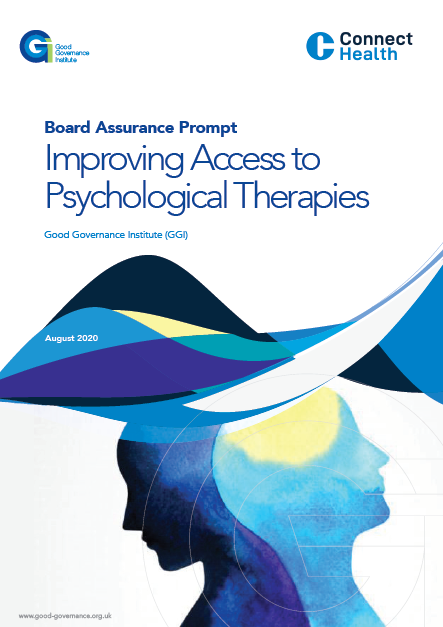Improving Access to Psychological Therapies BAP
20 September 2020
Today, almost one in four people in the UK have a mental health condition. The Improving Access to Psychological Therapies (IAPT) programme was introduced in 2008 to improve the treatment of common mental health conditions by primary care organisations in England.
Since its inception, the IAPT programme has transformed the treatment of adult anxiety disorders and depression, and has grown year on year ensuring that more people than ever receive effective treatment. In 2018/19, 1.6 million people were referred to IAPT services and 1.09 million entered treatment. The programme is widely recognised as the most ambitious programme of talking therapies in the world. Reflecting this success, the NHS Long Term Plan (LTP) proposed the further expansion of IAPT services, with a target of 1.9 million people to be seen by 2024. It also sets out sensible proposals for integrated IAPT services which have since begun to be acted upon.
However, in order to realise these ambitions, commissioners and providers of IAPT services will need to address a number of serious challenges; not least with significant known funding and workforce deficits, and the prospect of increased demand on mental health services as a result of COVID-19. This briefing is therefore targeted at NHS commissioners and providers of IAPT services. It is intended to support such organisations to plan and manage IAPT services. In particular, it aims to help colleagues with no clinical background understand key healthcare issues relating to the provision of IAPT.

